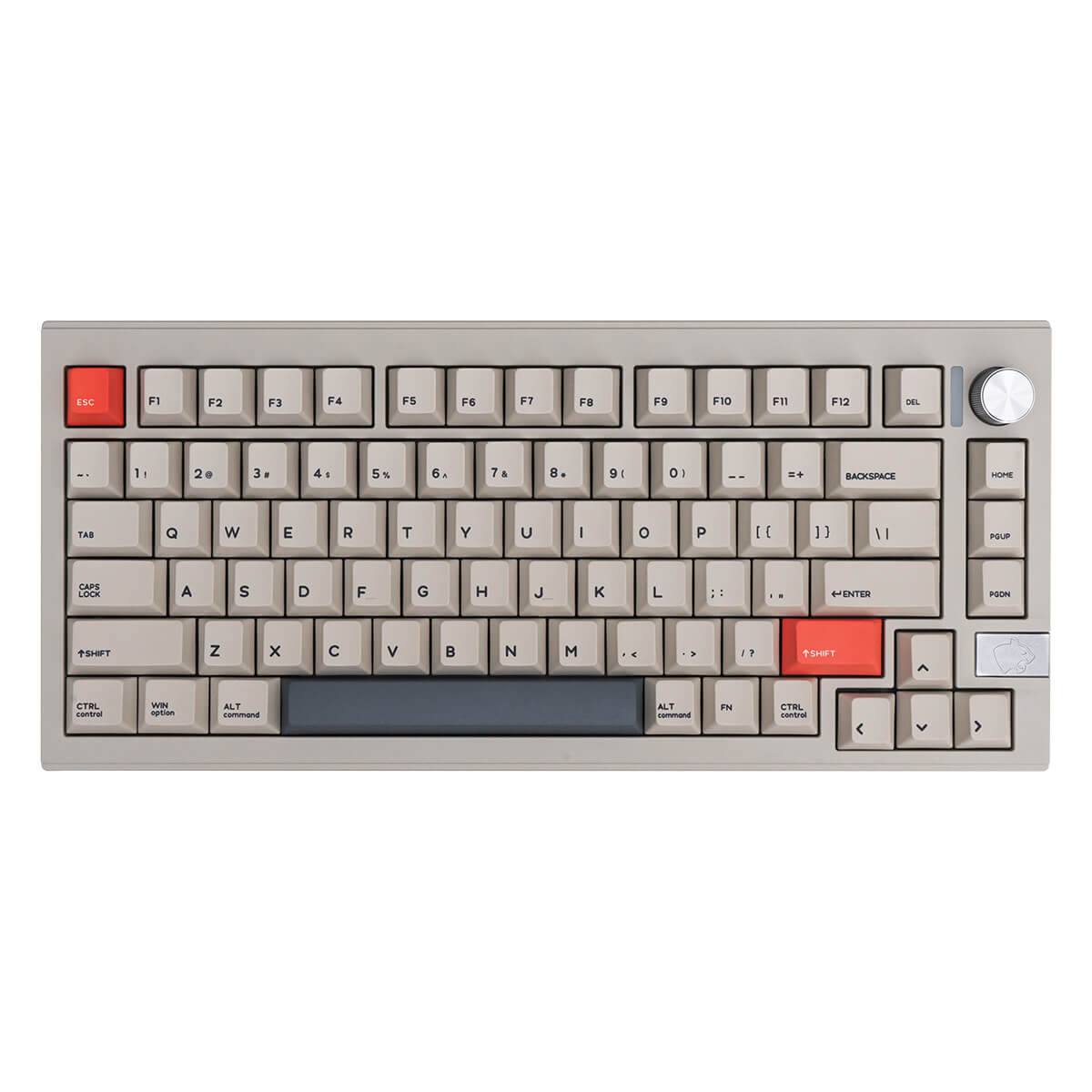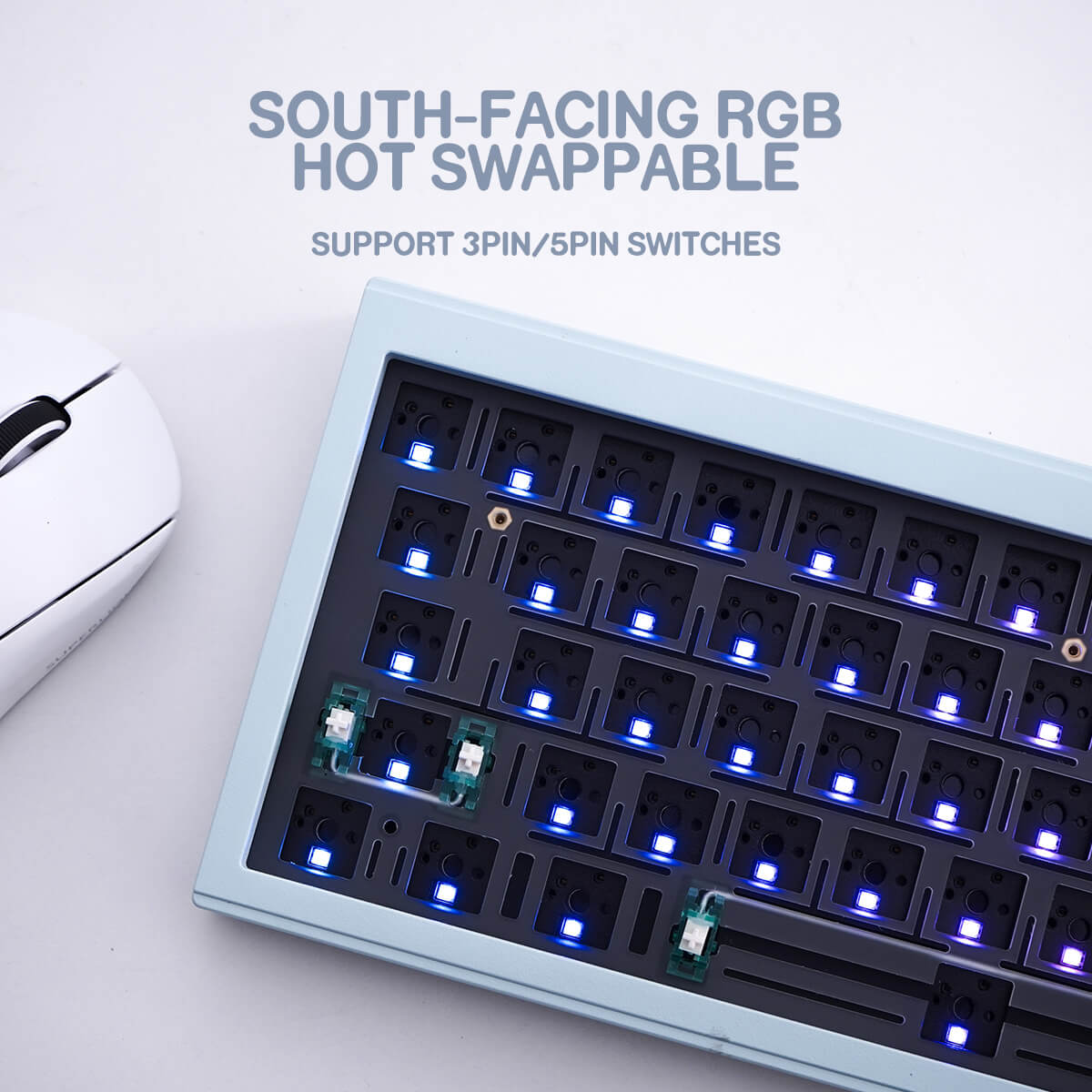(Continuing on from the above)
Why Should You Care? (Hint: It's Not Just About Flexing)
Let's talk stability first. A weighted keyboard won't slide around like a nervous turtle during your most intense gaming sessions. It plants itself like a boulder, letting you mash keys without chasing your board across the desk.
Then there's sound tuning. Heavier weights—copper especially—absorb vibrations like a sonic sponge. The result? Fewer tinny clacks, more buttery thocks. If your keyboard sounds like rain on a tin roof, a weight might be your acoustic therapist.
But let's be real: aesthetics rule here. Weights are your keyboard's red-carpet moment. Brands get wildly creative—MCHOSE K99 uses mirror-like PVD finishes that turn your desk into a vanity runway. Others, like FOX Orange75, sculpt weights into art (ever seen an orange slice under a keyboard?). Swappable designs mean you can match your keeb's mood: black for Monday mornings, polished copper for Friday flexing.
Oh, and that intangible luxury factor? A weight whispers "I'm custom" louder than a unicorn keycap. It's the keeb equivalent of a designer bag's discreet logo—subtle, but deadly serious.

Quick Tips for Weight Newbies
If you're diving in, remember density matters. Copper feels like a gold bar; aluminum like a featherweight boxer. Check if your case even supports weights (some tragically don't). And if you're torn between looks and function? Go raw copper for rustic charm or PVD-coated steel for that futuristic sheen.
The Verdict: Worth the Hype?
Absolutely. A weight is the cherry on top of your custom keeb sundae—functional, fancy, and gloriously extra. It's like strapping a turbo booster to a Ferrari. So next time someone gasps at your keyboard's price tag, just point to that shiny slab underneath and smirk: "Honey, it's the weight of excellence."




